Well, not actually. A key difference between SARSA and Q-learning is that SARSA is an on-policy algorithm (it follows the policy that is learning) and Q-learning is an off-policy algorithm (it can follow any policy (that fulfills some convergence requirements).
Notice that in the following pseudocode of both algorithms, that SARSA choose a' and s' and then updates the Q-function; while Q-learning first updates the Q-function, and the next action to perform is selected in the next iteration, derived from the updated Q-function and not necessarily equal to the a' selected to update Q.


In any case, both algorithms require exploration (i.e., taking actions different from the greedy action) to converge.
The pseudocode of SARSA and Q-learning have been extracted from Sutton and Barto's book: Reinforcement Learning: An Introduction (HTML version)


